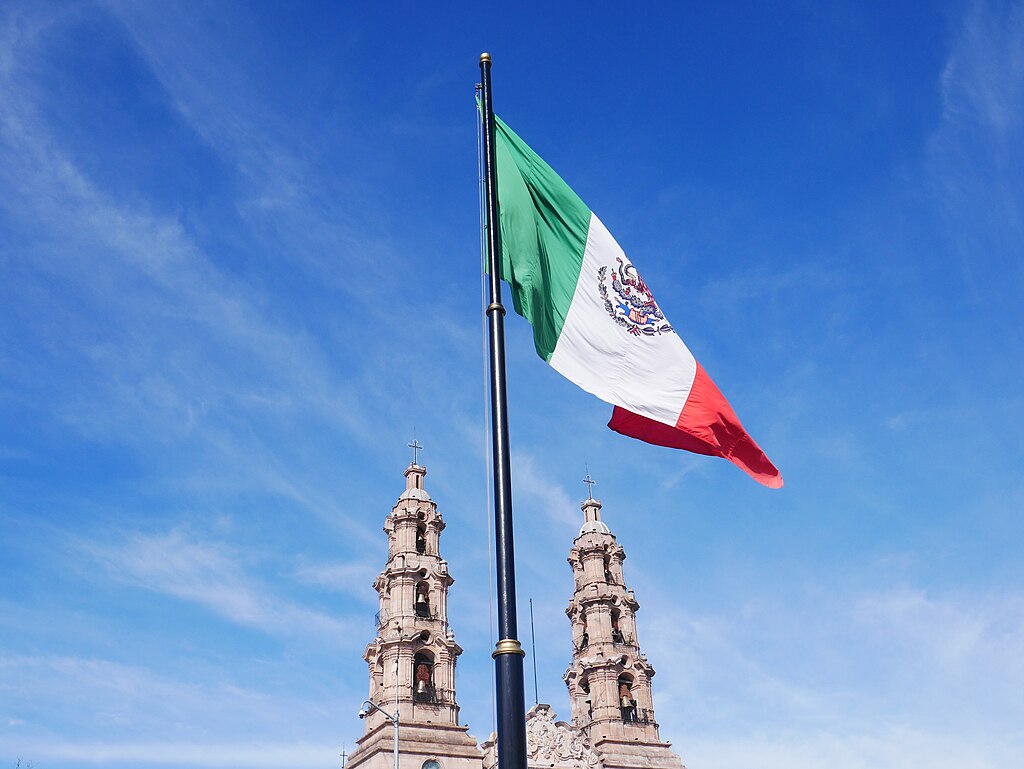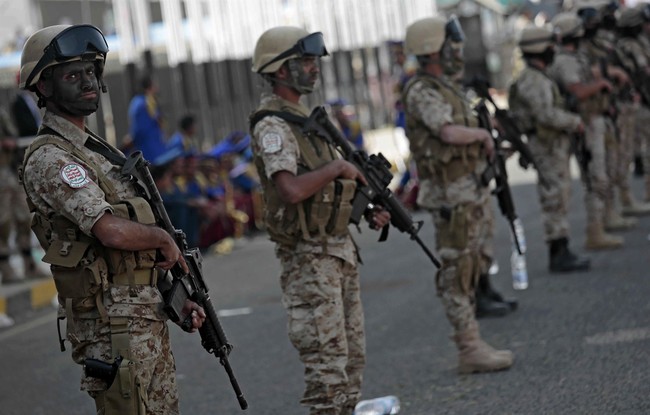Protests Erupt Amidst Arrest and Impeachment in South Korea
Protests have engulfed South Korea following the arrest and subsequent detention of President Yoon Suk Yeol. The decision has sparked fierce rallies and violent clashes with law enforcement.
Published January 21, 2025 - 00:01am

Image recovered from koreatimes.co.kr
The political landscape in South Korea is in turmoil following the arrest and detention of President Yoon Suk Yeol, the first sitting president in the nation's history to face such charges. Hundreds of thousands of Yoon's supporters gathered at the Seoul Western District Court, passionately voicing their opposition to the court's decision to detain him over allegations of insurrection and abuse of power. The arrest warrant, issued by the Corruption Investigation Office for High-ranking Officials (CIO), has intensified the political unrest.
Amidst escalating tensions, large-scale protests erupted, with demonstrators attempting to break into court facilities, resulting in multiple injuries. The protesters expressed their discontent with the judiciary's decision, accusing the court of political bias. Rallying cries for the president's acquittal and calls to dissolve the CIO have dominated the demonstrations, underscoring the divided public opinion regarding the legal proceedings against Yoon.
Seoul's law enforcement responded with heightened security measures, arresting dozens of protesters who clashed violently with the police. The Ministry of Justice announced the formation of a special investigative team to probe the violent outbreaks and ensure those responsible face justice. South Korean police have vowed to take a decisive stand against such illegal activities.
President Yoon, now held in a solitary cell, faces numerous charges related to his alleged unlawful declaration of martial law in December, an action he defended as a necessary measure against North Korean forces and internal threats to the state. However, the opposition sees it as a blatant abuse of power.
The Constitutional Court of South Korea has commenced hearings on Yoon's impeachment, a process that could take several months. This historic trial's outcome could redefine the political structure and democratic practices in South Korea. As the legal saga unfolds, the nation remains polarized, with supporters and opponents of Yoon entrenched in a deep ideological divide.
Amidst these contentious proceedings, the judiciary has come under intense scrutiny, facing accusations of politically motivated decisions. Critics argue that the court's actions, particularly the sanctioning of searches at the presidential residence, have splintered public trust. Meanwhile, Yoon's legal team continues to challenge the legality of the warrants, arguing procedural missteps and lack of jurisdiction.
The unrest has prompted South Korean authorities to bolster security measures at critical state buildings, ensuring the safety of judges and government officials amid ongoing threats. Additionally, the police have implemented strict crowd control in areas known for demonstrations, aiming to prevent further violence.
This unprecedented political crisis has captivated international observers, highlighting the complex dynamics of South Korea's democracy and the broader geopolitical ramifications. With the litigation process still unfolding, the world watches as South Korea grapples with the delicate balance of justice and political accountability.







